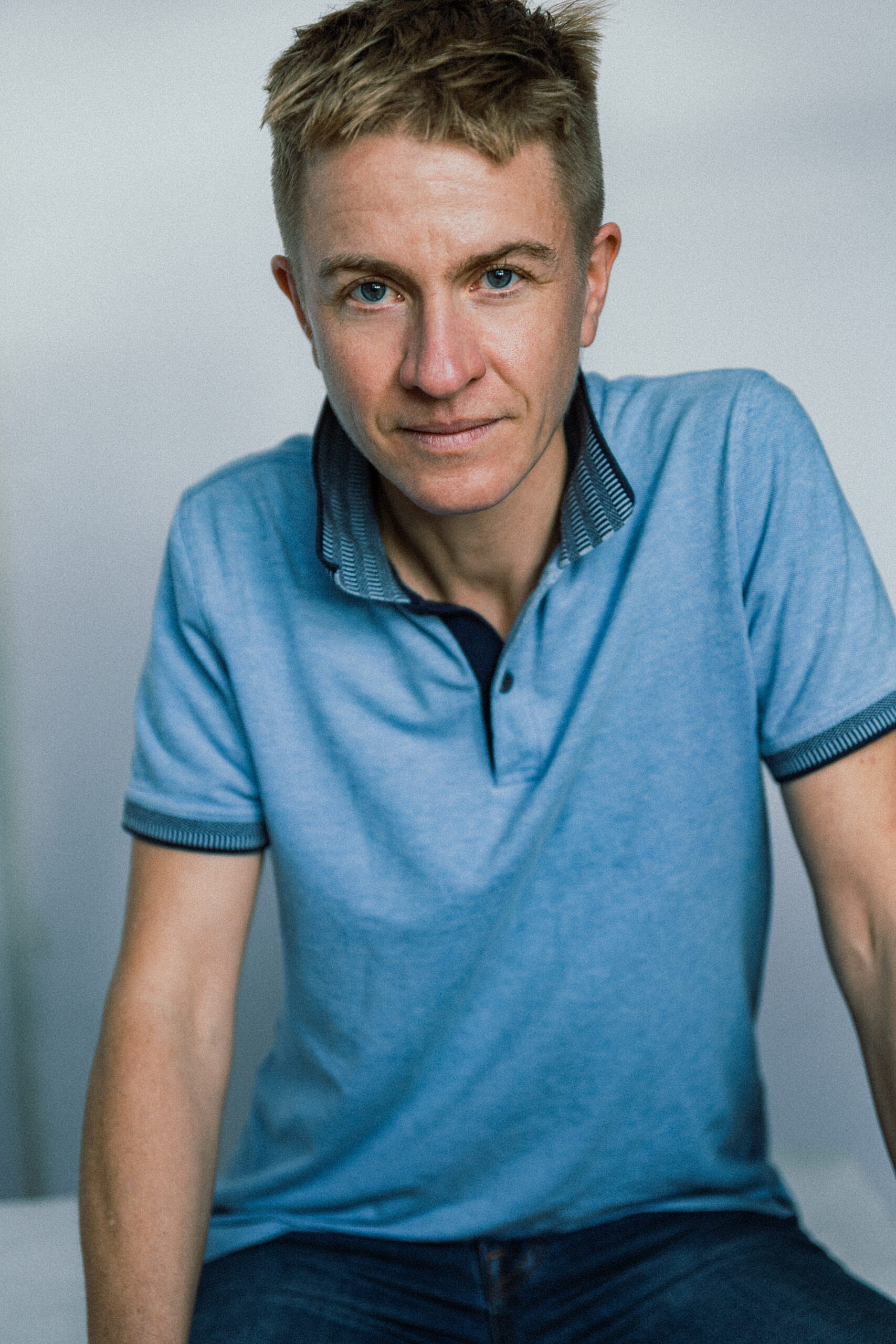A Set of Deadly Negotiations, Murray’s new collection, is letterpress printed, with midnight-coloured cover stock: an eerily beautiful production, and made to last. The spider on the cover–whose lifeline suspends Murray’s name as well–recalls these lines from The Hunter: “The spider at the centre of its web catches embers / floating up from the fire, sucks the life from them, / / retreats to its schematic heart.” One might see a figure for the poet, here: poised at the centre of his poem, his subjects the victims of his form. It is not a flattering portrait, but it is what one might expect from a collection which rejects traditional poetic structures, their centripetal forces, their schematic hearts. In A Set of Deadly Negotiations, Murray’s perspective is much closer to the centre of the web. His chosen form is ordered, finite, in-drawing: arachnidan. These poems are “thought-rhymed” sonnets (thought rhyme is Murray’s term for the matching of words that resonate not so much to the ear as to the brain: synonyms, antonyms, semantic pairings; the collection’s first poem, for instance, “rhymes” landscape with portrait, pillars with leaders, isthmus with neck). Their metre is more mathematical than aural, more syllabic than accentual. Each poem makes its way through four quatrains to a final couplet–fourteen lines in all–and fourteen poems, or “negotiations,” make up the “set.” I have dwelt on the poemscape of _The Hunter_ because it seems to me that the earlier collection establishes the theatre (of war as much as drama) in which these deadly negotiations must take place. The parties at the table are prefigured there: fire and water, past and future, order and chaos, life and death. (The members of these oppositional pairs are fickle in the alliances they form with one another: order may be allied with life at one moment, with death at the next.) _A Set of Deadly Negotiations_ begins: “The future floats foetal through a landscape / of broken teacups and toppled salt pillars.” The wasteland of _The Hunter_ has been flooded, here, though it is not yet clear what (possibly deadly) crops will grow. Another opposition that animates these negotiations is that between language and silence. _The Hunter_ led us to the threshold of the latter. In this new collection, we hear a voice negotiating its way back towards speech: “Silence is a dead language,” the speaker tells us early in the sequence; “Listen: the silence ends. Raucous applause.” My own reaction to the collection is figured here. Applause. One part praise, one part relief.
Arc 56, Summer 2006
Bios

Luke Hathaway
Luke Hathaway is a trans poet, librettist, and performer who lives in Kjipuktuk/Halifax, and teaches full time at Saint Mary’s University. His mythopoeic word-worlds have given rise to new musical and/or theatrical works by composers Colin Labadie, Benton Roark, Zachary Wadsworth, and James Rolfe, as well as by DaPoPo Theatre. His books have been recognized on ‘Best of’ lists in New York Times, the Times (U.K.), The National Post, and the Globe and Mail, as well as on NPR and the CBC. He frequently collaborates with singer/scholar Daniel Cabena as part of the metamorphosing ensemble ANIMA (animaearlymusic.com). He is a member of the League of Canadian Poets and the Writers’ Union of Canada (www.writersunion.ca/member/luke-hathaway). [updated in 2023]

